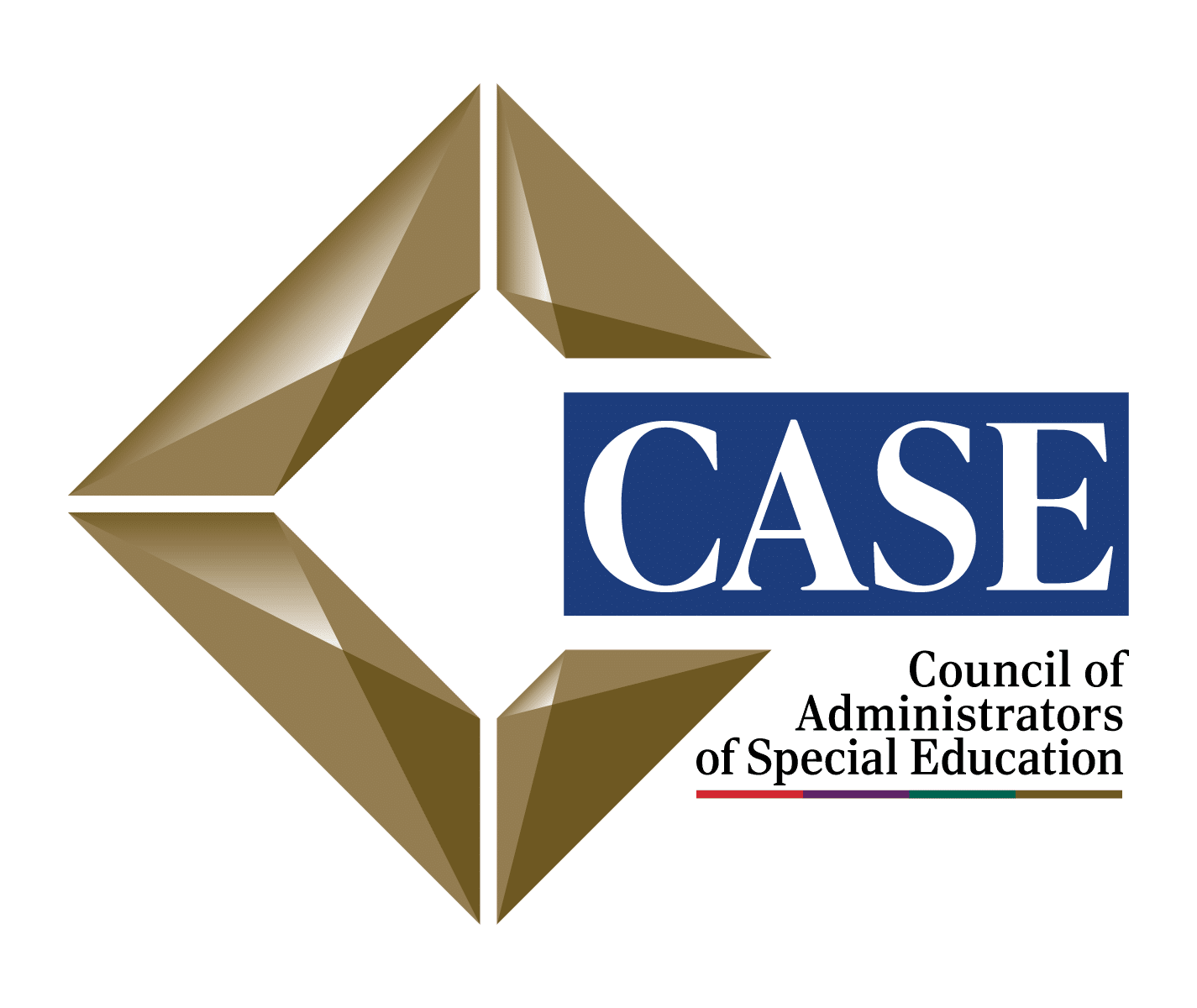As K-12 schools adjust to facilating post-pandemic instruction, a focus on student well-being has taken center stage, emphasizing the need for a comprehensive approach that includes academic, behavioral, and social-emotional support.
Universal screening is a critical tool in this endeavor, offering a systematic way to identify students needing additional help to achieve their full potential.
Inspired by the foundational concepts of universal screening recently presented to school administrators by Brandy Samuell, Director of Mental Health and Related Services at eLuma, and Dr. Lisa Micou, Partnership Manager at Aperture Education, this blog post aims to provide school administrators with a practical guide to implementing and benefiting from universal screening in their schools.
Understanding Universal Screening
Universal screening is a proactive assessment process designed to identify students at risk of poor learning outcomes across various domains. It’s not just about academics; it’s about ensuring every student has the support they need to succeed in school and beyond. The essence of universal screening lies in pinpointing students needing more individualized help and facilitating targeted interventions that address academic and behavioral needs.
The Role of Universal Screening in Modern Education
The relevance of universal screening has grown significantly, especially in light of challenges such as the pandemic, which has heightened the focus on students’ social and emotional needs.
As stated by Brandy Samuell, “While the concept of universal screening is not new, its importance, particularly in the realm of social behavior and emotional competencies, has gained prominence since the onset of the pandemic, with a significant focus on students in need of social behavior support.”
Universal screening is a foundational element in a multi-tiered system of support (MTSS), assessing students’ needs across academics, behavior, and social-emotional domains. By integrating these areas within the MTSS framework, schools can adopt a holistic approach to student support.
Universal Screener Implementation: Step-by-Step Strategies
Implementing a universal screener requires careful planning and execution. Here are essential steps to ensure its effectiveness:
1. Establish Clear Screening Processes: Define the goals and procedures for your screening initiative. This includes determining what you aim to assess and how often screenings will occur. Samuell shared with administrators, “It is essential to have clear processes in place for collecting and monitoring data, as well as identifying and implementing interventions based on the screening outcomes.” The clarity provided through proper planning saves time and creates efficiency early on.
2. Select Appropriate Tools: Choose screening tools that are evidence-based and aligned with your goals. The DESSA, for example, is an excellent strength-based tool for assessing social-emotional competencies, offering insights that can guide interventions.
3. Train Your Staff: Ensure staff is well-trained in administering the screening tools and interpreting the results. This is crucial for the accurate identification of students’ needs and the subsequent planning of interventions. An MTSS services partner, such as eLuma, can support implementation and interpretation, especially for schools that face staff capacity challenges.
4. Analyze and Act on Data: Analyze the reported data from screening to identify students who require additional support. This should lead to implementing targeted interventions designed to address the identified needs.
5. Monitor Progress: Ongoing monitoring is essential to assess the effectiveness of interventions and make necessary adjustments. This ensures that the support provided is responsive to students’ evolving needs.
Getting Started: Building a Strong Foundation
Before rolling out universal screening to students, starting small and focusing on building a solid foundation is essential. This means ensuring that the necessary support systems are in place to address the needs identified through screening. It also involves fostering a school-wide culture that values and supports every aspect of student well-being.
Is Universal Screening Right for Your School?
Universal screening is more than just an assessment tool; it’s a gateway to understanding and addressing the diverse needs of students. By implementing a thoughtful and comprehensive screening process, schools can ensure that all students receive the support they need to thrive academically, socially, and emotionally. With tools like the DESSA and a commitment to best practices in screening and intervention, school administrators can significantly impact the well-being and success of their students.
Ready to support all students?
If you want to learn how a universal screener can help your school or need support in implementing and managing a universal screener, get in touch with eLuma here. You can expect a no pressure, 15-minute conversation to address your questions and understand your unique needs.


